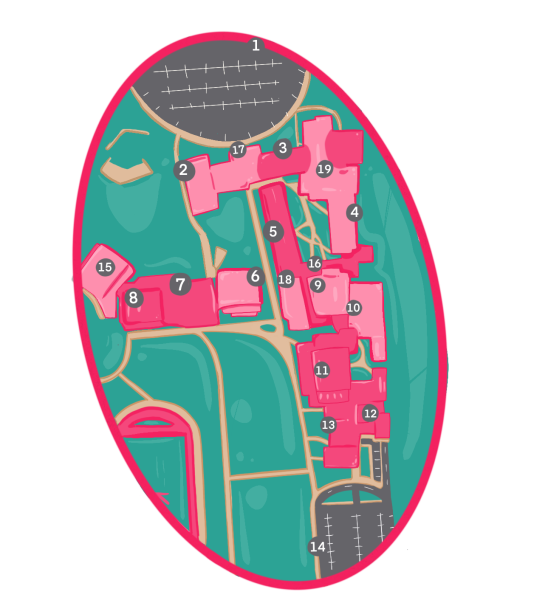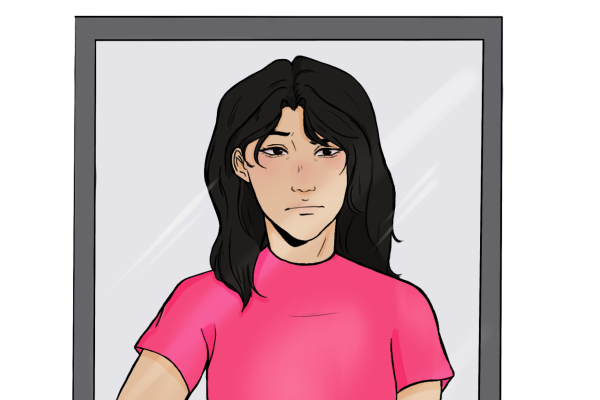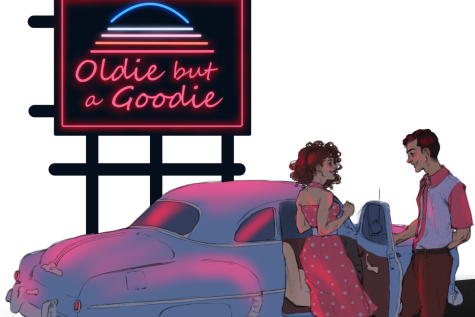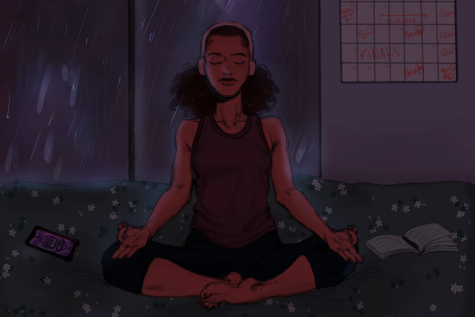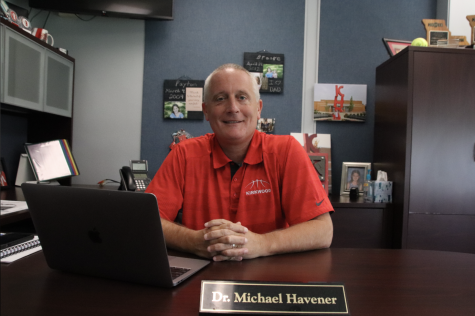“Those poor kids in Africa”
Anyone who says something like “those poor kids in Africa” is, intentionally or not, upholding the same mindset shared by colonizers on a mission to ‘civilize the savages.’
The first time I remember hearing it was in fifth grade.
“Those poor kids in Africa.”
When the Student Council leaders at my Catholic school said those words, they were presenting the latest school-wide service project to my class: raising $1,000 to send food provisions to a small town in Uganda. The town was marked by a dot on a blank map of Africa, and I doubt anyone involved would be able to recall that town’s name. At the end of the day, it didn’t matter. What mattered was that it was far away, the citizens were poorer than us and helping made us feel good.
Voluntourism is a term that has become increasingly prominent in recent years, and it describes the phenomenon of wealthy white Westerners spending around two weeks in a ‘third-world’ or ‘developing’ country, usually in an effort to dig wells, build schools and care for orphaned children. The word comes from the idea of a ‘white savior,’ or the imperialistic belief that predominantly non-white countries need the help of whites in order to become ‘civilized.’ I mention this because while a desire to improve impoverished children’s living conditions is a fine sentiment, most voluntourists never stop to think about what the lasting effects of their visit will be beyond the task at hand, and even more never actually assess why they feel they have the right to embark on a “save Africa” journey in the first place. As the numerous Instagram posts of happy white KHS students surrounded by crowds of non-white children can attest, this problem exists in Kirkwood as well.
So many white Westerners seem unwilling to let this perception go in favor of utilizing their superior white knowledge to give Africans a better life than they can give themselves.
Here’s the deal: the practical implications of widespread voluntourism have mostly negative consequences for the countries Westerners travel to. According to The New York Times, 1.6 million Americans volunteer while on vacation and spend on average $2 billion a year. It’s a big industry. While it might seem like spending this much money on reducing poverty should have profound impacts, it’s not that simple. For every team of unpaid volunteers building a school in Africa, that many African laborers are put out of work. According to an article in The Guardian, houses built in Honduras by tourists cost roughly $30,000, while a local organization could build one for only $2,000. Not to mention these tourists rarely have plans to find qualified teachers to keep a school running once it is finished, the article said.
Ultimately, the “poor African kids” are worse off from voluntourism’s interference. As their parents are getting pushed out of jobs, their access to education comes slower with no guarantee the school will provide them with a good education. Voluntourists need to realize that African poverty is one of the most complex issues on our planet, and a rag-tag group of happy-go-lucky white do-gooders is never going to make any meaningful change, despite what social media would have us believe. Real change comes from governments, economies, teachers and work-forces, not a white 18-year-old using a hammer for the first time.
The other problem with a typical voluntourism journey is how the experience is branded. In the social media posts that go up after a trip, the participant usually informs viewers how their efforts changed them. These reflections serve to label the African citizens’ lives as secondary to a white person’s newfound experiences with morality. It sends the message that in voluntouring, white people are the main characters, not the African people experiencing poverty. In addition, according to Afropunk, a media site specializing in the advancement of black culture and rights, voluntourism trips’ locations are often referred to as ‘dirty’ and ‘broken.’ Not only is the rhetoric behind ‘African poverty’ a major reason so many white people think Africa is just one big country, the article says, but referring to people’s homes in this way after visiting only degrades these people’s lives and builds up the perception that everyone in Africa is poor, simple and lives in huts. So many white Westerners seem unwilling to let this perception go in favor of utilizing their superior white knowledge to give Africans a better life than they can give themselves.
Anyone who has taken a history course knows the effect imperialism and colonial states have had on our world. But anyone who thinks these societies are only a thing of history books is kidding themselves. And anyone who says something like “those poor kids in Africa” is, intentionally or not, upholding the same mindset shared by colonizers on a mission to ‘civilize the savages.’
This isn’t to say white people are incapable of helping people in another country. White saviorism and volunteerism are wildy intricate issues, so it would be impossible to sum them up in a single article. But with that in mind, I’ve tried to learn and research more about the side-effects of these morality-boosting missions. The things I’ve found can be accessed by anyone, as long as you’re willing to put in the effort. And for any voluntourists reading, I urge you simply to examine the motivations behind your trip. Were you trying to instill real change? Or were you simply seeking to satisfy your own sense of Western moral superiority by ‘saving’ the natives of a far-away land? And who gave you the right to try and ‘save’ them at all?
Yes, there are kids in Africa living in poverty. And yes, our world is still searching for truly effective solutions to deal with it.
But no, “those poor kids in Africa” don’t need you to save them.
Your donation will support the student journalists of Kirkwood High School. Your contribution will allow us to purchase equipment and cover our annual website hosting costs.
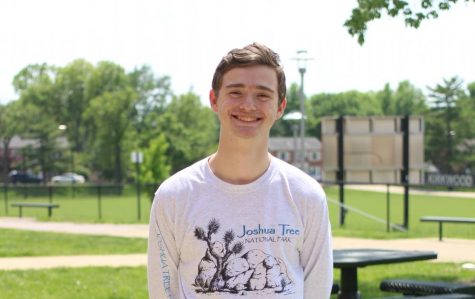
Interests: I try to write something new every day, and read a new book every week. Classical music is >>>>>> everything. I play piano,...




